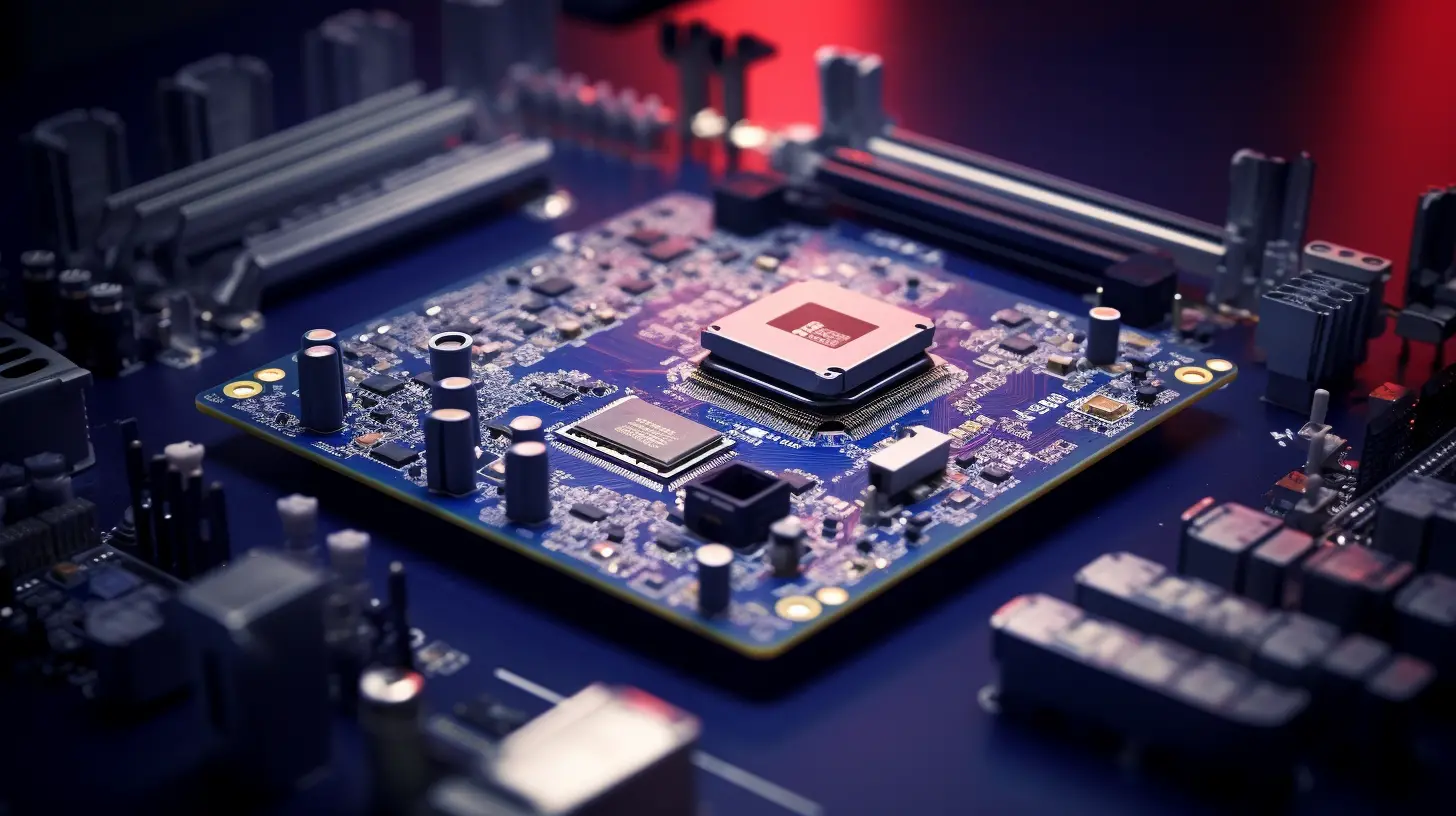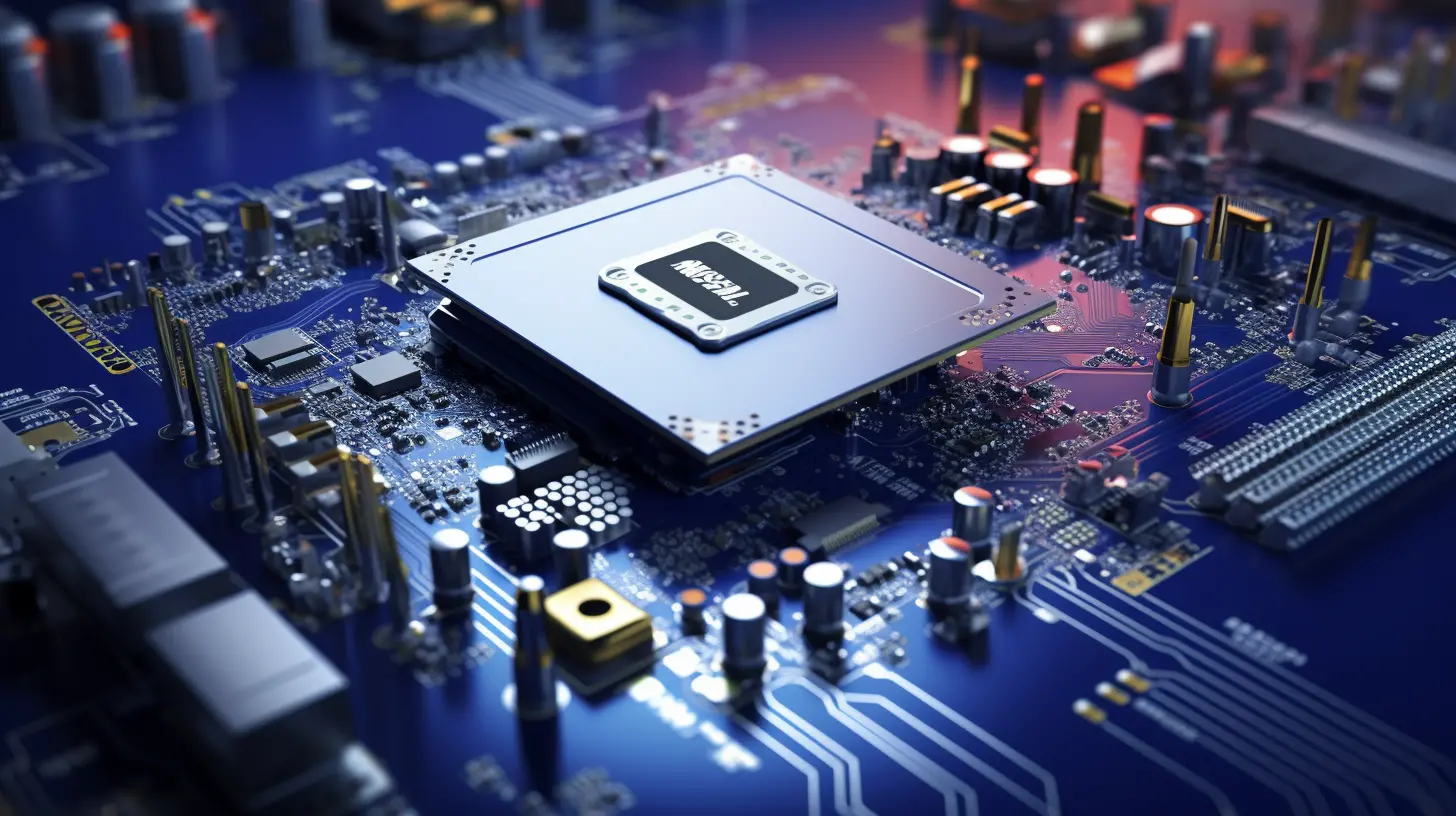FR-4, a widely used composite material in the electronics industry, has gained significant attention for its exceptional insulating properties and heat resistance capabilities. Its robustness makes it a favorite among manufacturers in the power electronics sector, where reliable performance is crucial. This article delves into the applications of FR-4 material in power electronics, emphasizing its critical role in enhancing the reliability and longevity of electronic components.

One of the standout features of FR-4 is its superior insulation capabilities. This property is essential in preventing electrical failures and maintaining the integrity of circuits within harsh environmental conditions. Additionally, FR-4 exhibits excellent heat resistance, allowing it to operate effectively in high-temperature applications without compromising performance.

In the power electronics sector, FR-4 finds utilization in a variety of components such as printed circuit boards (PCBs), power converters, and inverters. Its lightweight nature combined with its strength translates into enhanced performance for electric vehicles (EVs), renewable energy systems, and industrial automation. Companies increasingly rely on FR-4 for its ability to withstand mechanical stress, making it imperative for innovative designs in converter technology.

The applications of FR-4 material in power electronics exemplify its critical role in promoting technological advancements. With its unmatched insulation and heat-resistant properties, FR-4 continues to shape the future of electronic design, ensuring reliable and efficient performance across various industries. As demand grows for higher efficiency and more durable electronic components, the significance of FR-4 will only continue to rise.
